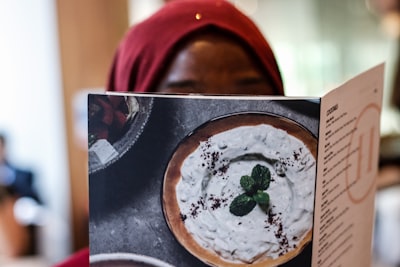Lotte’s Choco Pie Expands in Indonesia: Halal Snacks Meet Booming Demand
The iconic marshmallow-filled Choco Pie isn’t just a child’s favorite treat—it's now a strategic player in Southeast Asia’s rapidly evolving food and beverage market. As Japanese giant Lotte ramps up local production and tailors its offerings to Indonesia’s tastes and requirements, a host of questions and trends are reshaping the snack food industry in the world’s largest Muslim-majority nation.
Why Indonesia Is a Sweet Spot for Snack Brands
With over 270 million people, a rising middle class, and youthful demographics, Indonesia has become a magnet for global snack brands. Companies like Lotte see Indonesia as holding the biggest market potential in Southeast Asia. Strategic reasons include:
- Halal certification is a must-have for mainstream acceptance.
- Local taste preferences demand adaptative innovation.
- Rapid digitalization fuels e-commerce snack sales.
The Growing Demand for Halal-Certified Snacks
One key to Lotte’s Choco Pie success: obtaining halal certification. This not only meets religious dietary laws but also wins consumer trust in Indonesia and across other Muslim-majority markets.
Why does halal certification matter?
- Over 85% of Indonesia’s population is Muslim.
- Halal transparency is a decisive factor in purchase decisions.
- Industrial halal standards open export avenues to other ASEAN and Middle East countries.
Customizing Snacks for Indonesian Palates
Global brands are learning: localization wins. Choco Pie's adaptation in Indonesia goes beyond certification—it's about unique flavor infusions, packaging preferences, and pricing strategies suited to local buying habits.
- Popular Asian flavors: matcha, durian, pandan.
- Smaller package sizes for affordability.
- Marketing campaigns tied to Ramadan and local festivals.
The Snack Food Market: Competition and Opportunities
Lotte’s expansion comes amid fierce rivalry:
- Local brands like Dua Kelinci and Garuda put up stiff competition with regionally inspired snacks.
- Other global players (Orion, Monde) are ramping up presence and innovation.
Market analysts project the Indonesian packaged snack market will grow by double digits in the next five years, driven by:
- Urbanization
- Busy lifestyles prompting on-the-go snacking
- Social media food trends
Sustainable Production and Future Innovations
Lotte isn’t just focusing on more output, but also sustainable production—an increasing consumer concern. Topics gaining traction include:
- Reducing plastic packaging waste
- Ethical sourcing of cocoa and other ingredients
- Building local supply chains to support Indonesian farmers
Frequently Asked Questions (FAQ)
Q: Is Choco Pie available in unique Indonesian flavors? A: Yes, Lotte often experiments with locally popular flavors such as pandan or matcha, especially for limited-time offers.
Q: Why is halal certification important for snacks in Indonesia? A: As the world’s most populous Muslim country, nearly all mainstream snacks must be halal-certified to gain market acceptance.
Q: How does Lotte support the local community? A: By expanding local production, Lotte creates jobs, invests in skills development, and sources some ingredients locally when possible.
Conclusion: The Future of Choco Pie and Halal Snacks in Indonesia
Lotte’s Choco Pie story in Indonesia reflects a much bigger trend: international brands investing heavily to understand and serve local markets. As Indonesia's snack market continues to grow and digitalize, expect to see even more innovative, halal-friendly treats aiming for the top spot in consumers’ hearts—and lunchboxes.

Comments
No comments yet. Be the first to comment!